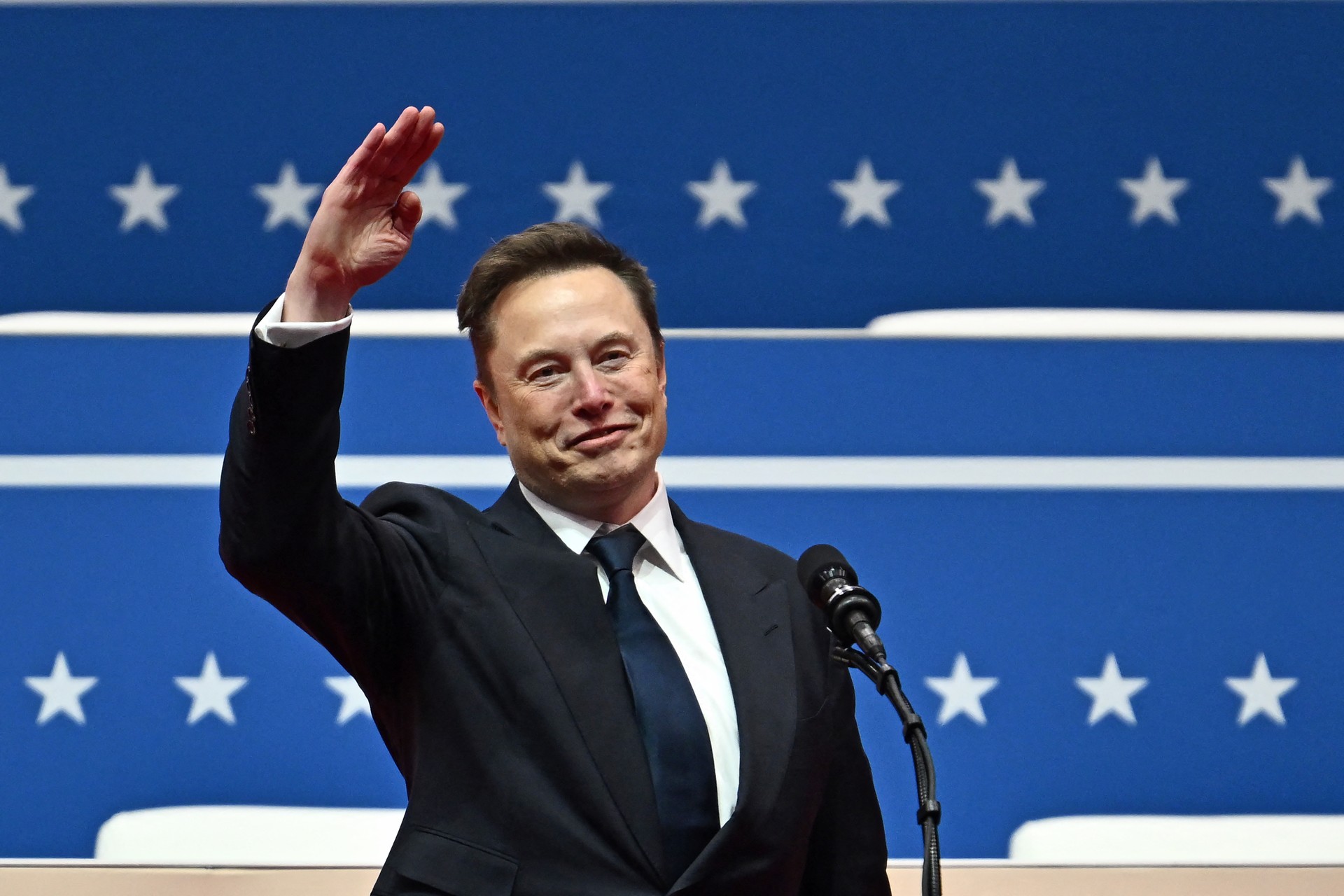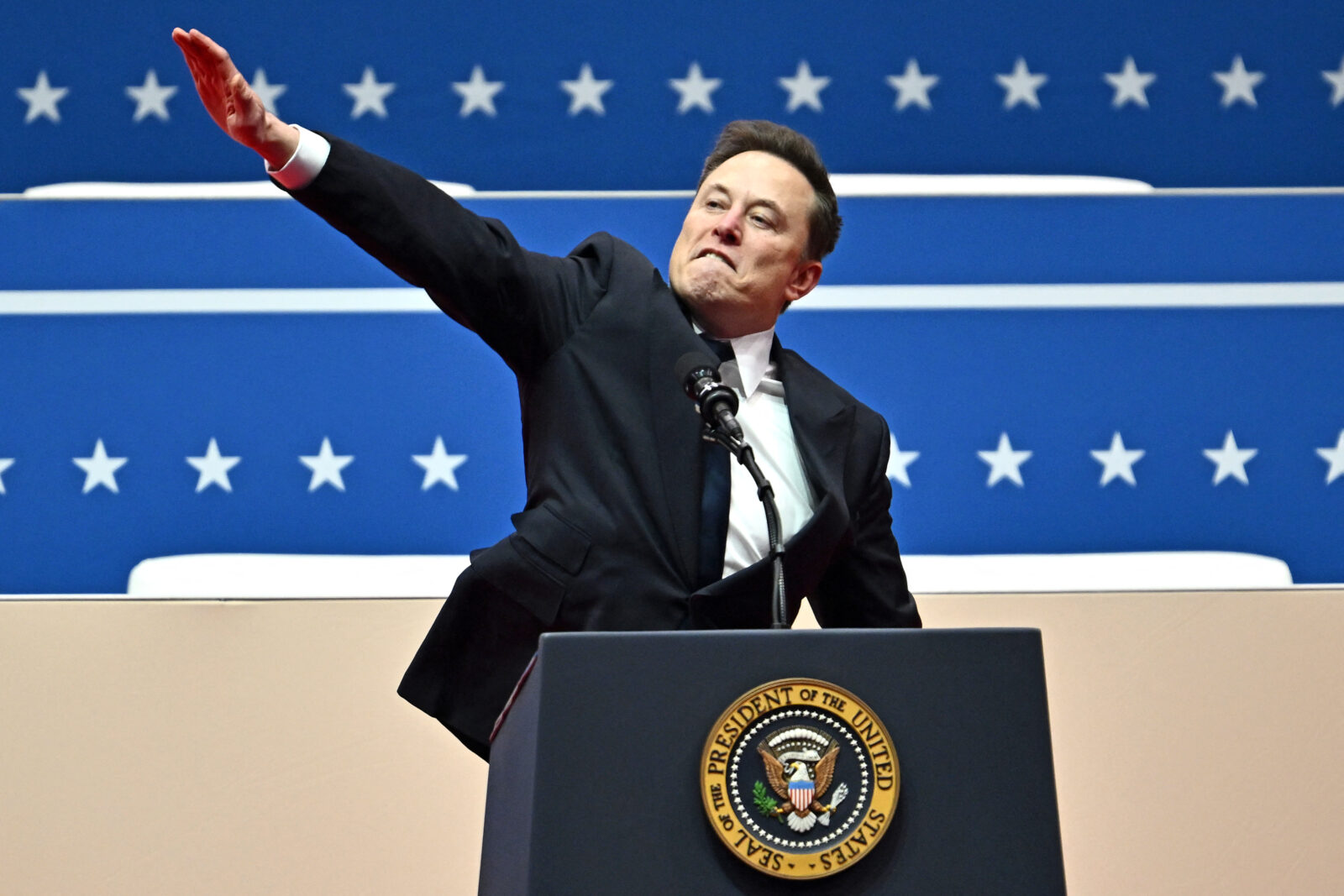
Elon Musk is emerging as the first candidate to become a trillionaire, with projections suggesting he could achieve this milestone by 2027. In 2023, the combined wealth of billionaires increased by $2 trillion, reaching a total of $15 trillion. This growth occurred three times the previous year's rate, driven by gains in tech stocks, gold, and cryptocurrencies like bitcoin.
At the same time, global poverty remained largely unchanged, with 44% of the population living below the poverty line, earning less than $6.85 per day. The wealthiest 1% now controls 45% of global wealth.
The rapid accumulation of wealth by the richest individuals is widening the gap between the wealthy and the impoverished. The number of billionaires grew by 204, reaching 2,769, and the wealth of the top 10 billionaires increased by $100 million per day on average.
A significant portion of their wealth comes from inherited assets, monopolistic practices and preferential connections. This has sparked concerns about rising inequality and its potential negative impacts on society and the global economy.

Elon Musk, CEO of Tesla, is currently the frontrunner to become the world’s first trillionaire by 2027, with a net worth of approximately $440 billion.
Musk’s wealth has grown significantly due to his influence in global markets, and his close ties to U.S. President Donald Trump. Oxfam’s Amitabh Behar has warned that the rise of trillionaires signals a troubling increase in wealth inequality, which poses a serious threat to global social and economic stability.
The growing concentration of wealth among the world’s billionaires highlights the widening inequality gap. This trend could lead to long-term economic instability, as the wealthiest individuals continue to amass unprecedented fortunes while the impoverished struggle to survive on meager incomes.
The increasing wealth gap raises important questions about the sustainability of such disparities and their potential social repercussions.